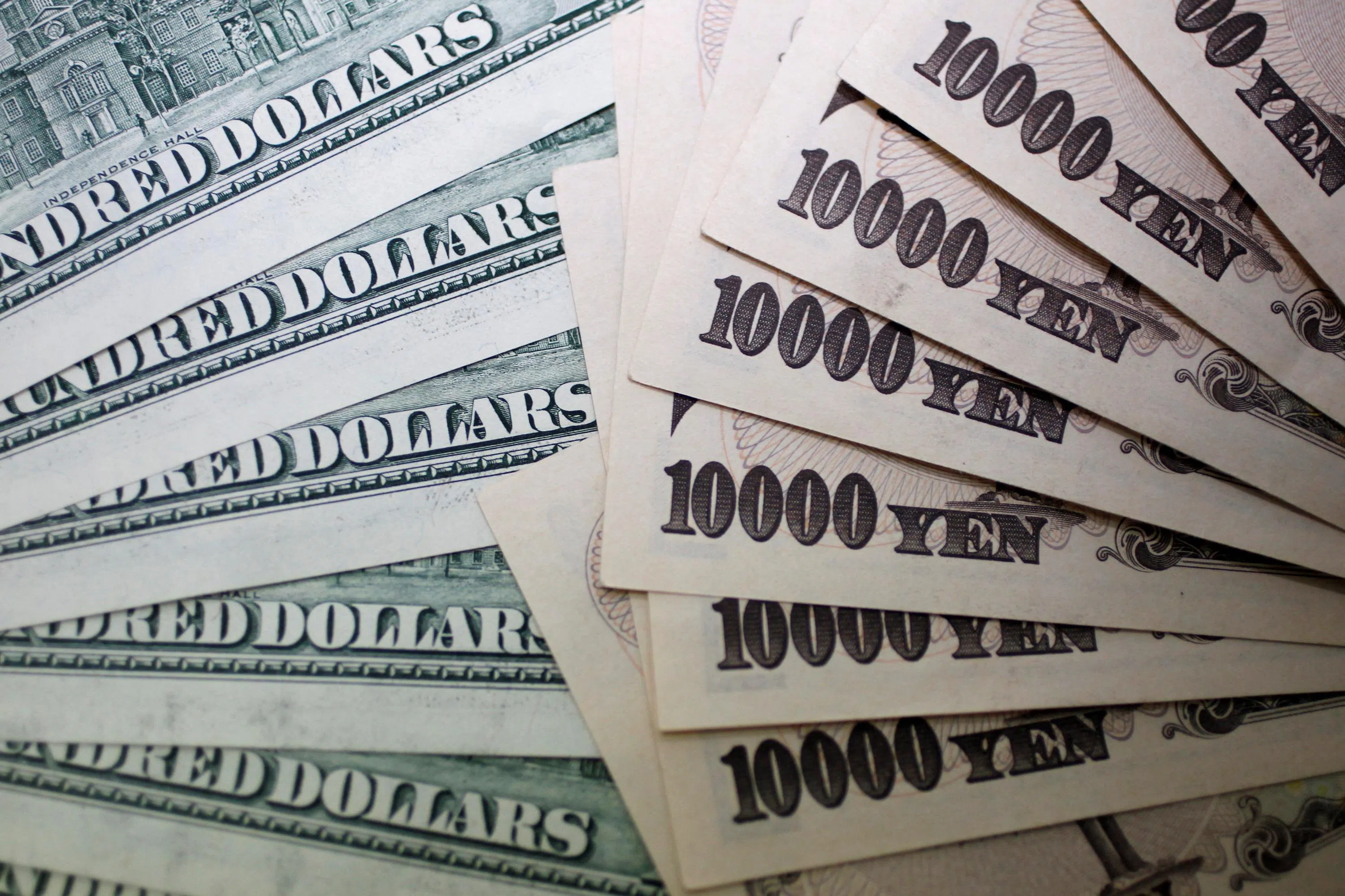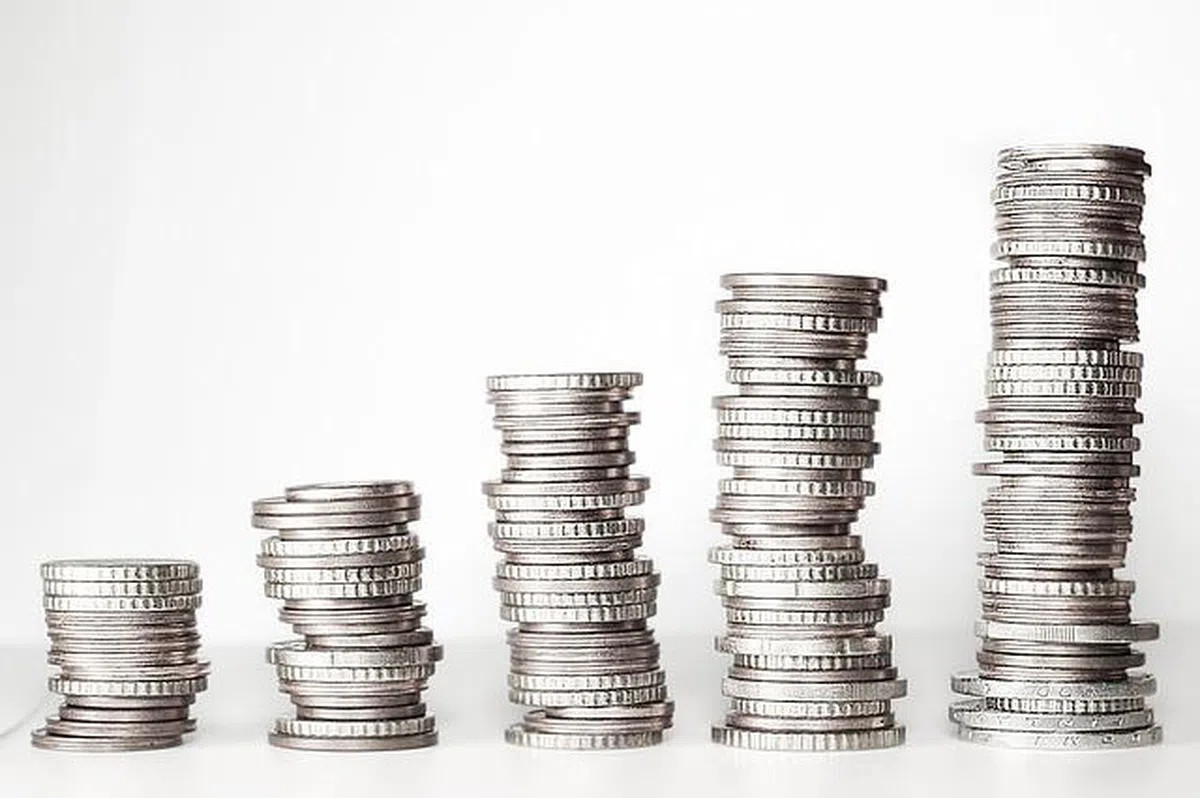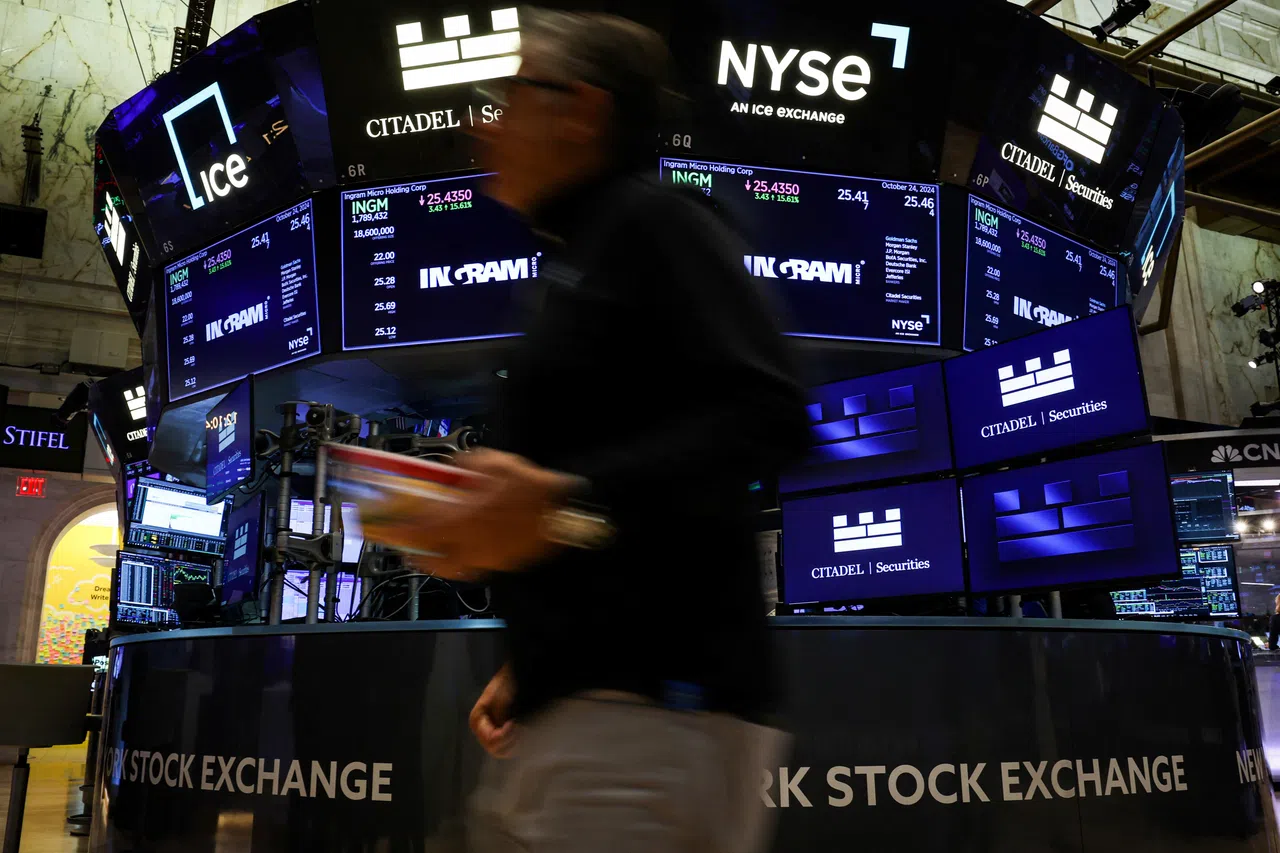THE yen rose on Thursday (Oct 31) after the Bank of Japan took a less dovish tone than expected while the US dollar ticked lower ahead of jobs data later this week and the US presidential election next week.
The dollar was last down 0.5 per cent against the Japanese currency at 152.70 yen as the BOJ maintained ultra-low interest rates but said risks around the US economy were somewhat subsiding, signalling that conditions are falling into place to raise interest rates again.
Governor Kazuo Ueda’s remarks were seen as less dovish than those made before the meeting that the BOJ could “afford to spend time” scrutinising the fallout from risks such as US economic uncertainties.
The BOJ cut its core consumer inflation forecast but said risks were skewed to the upside for that year, causing the yen to rise, said Andrea Cicione, head of strategy at GlobalData.TSLombard.
“This was a deliberate comment by the BOJ to stop this weakening in the yen that has been going on for six weeks.”
The Japanese currency has taken a beating, down around 6 per cent for the month as the dollar and US Treasury yields have hovered around their highest since July.
BT in your inbox
Start and end each day with the latest news stories and analyses delivered straight to your inbox.
Japan’s political shake-up has only added to the yen’s woes, heightening uncertainty about the country’s fiscal and monetary policy outlook.
The yen also firmed against other currencies on Thursday with the euro down 0.3 per cent at 166.07 yen.
Moves in other currency pairs were muted.
Sterling ticked 0.1 per cent higher to US$1.29740, a day after Britain’s finance minister Rachel Reeves launched the biggest tax increases since 1993 in her first budget. The big-spending plans prompted traders to bet on fewer interest rate cuts by the Bank of England.
The euro also edged up 0.2 per cent to US$1.08695 after data showed the bloc’s inflation accelerated more than expected in October. The report follows better than expected third-quarter eurozone GDP data on Wednesday that bolstered bets against a larger interest rate cut by the European Central Bank in December.
The dollar index, which measures the currency against six others, dipped 0.1 per cent to 103.97, after its recent surge put it on pace for its biggest monthly gains since April 2022. REUTERS







